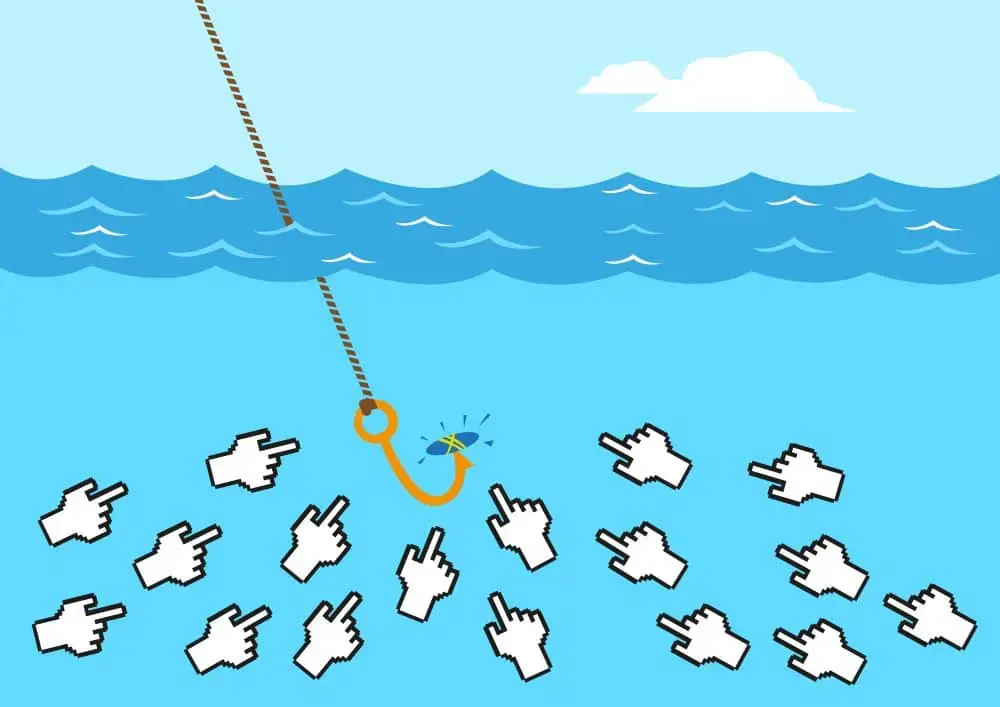How Ads shown to us become a perfect match to your interest ?


acroJobs
Follow59 Views5.2/10
Yes
0
Neutral
Privacy violations the dark side of social media...
Have you noticed how some of the ads on the sites you visit seem to be a perfect match to your interests?Think that’s a coincidence?On the web it certainly isn’t, as advertisers would do just about anything the online environment allows them to do even if it means breaking your online privacy to develop new ways to promote products.And the easiest way for them to find out your likes and habits is keeping a close eye on your social media behaviour.
There are several ways advertisers can invade your social media privacy, take advantage of your data and make you a target for their ads.Here are the most common ones:
Data Scraping.
In one of the organisation I worked, a new term was introduced to us, which was 360 degree feedback.And in every session Organisation was promoting that 360 degree feedback that now on not only your supervisor or manager will do an yearly review which means that you don't like something in your superviser you can also give rating to your boss like they are doing for you and also provide examples in your support.
And every piece of that data will be taken in an anonymous way.
It involves tracking people’s activities online and harvesting personal data and conversations from social media, job websites and online forums.Usually, research companies are the harvesters, and sell the compiled data to other companies.These, in turn, use these details to design targeted ad campaigns for their products.While one might argue that people are knowingly sharing personal details on social media and thus, it’s free for everyone’s use, data harvesters don’t ask for the owner’s consent.And this raises an ethics as well as an online privacy problem.
One strong case for serious online privacy violation took place in May 2011.Nielsen Co., a media-research company, was caught scraping every message off PatientsLikeMe's online forums, where people talk about their emotional problems in what they think is a safe, private environment.As you can imagine a lot of people felt their web privacy was violated.
Facebook apps leaking personal data.
It has been reported several times that certain Facebook apps are leaking identifying information about those who are using them, to advertising and Internet tracking companies.And without the users having a clue!
Here’s how the leakage works: during the app’s installation process, you are prompted to accept certain terms, and once you click Allow , the application receives an access token .Some of the Facebook apps are leaking these access tokens to advertisers, granting them access to personal-profile data such as chat logs and photos.However, no disclaimer is showed announcing you your data is being transferred to third parties.Thus your online privacy and safety are put at risk.
Examples of apps that have been found to leak identifying information include FarmVille and Family Tree.
Online social tracking.
We all use the Like , Tweet , +1 , and other buttons to share content with our friends.But these social widgets are also valuable tracking tools for social media websites.They work with cookies small files stored on a computer that enable tracking the user across different sites that social websites place in browsers when you create an account or log in, and together they allow the social websites to recognize you on any site that uses these widgets.Thus, your interests and online shopping behaviour can be easily tracked, and your internet privacy rudely invaded.
And things get worse.Other social websites allow companies to place within ads cookies and beacons pieces of software that can track you and gather information about what you are doing on a page.Note: these tracking tools are widely used online but mostly on websites dedicated to kids and teens, which raises a huge children’s online privacy concern.
How can you prevent your data and online behaviour from being scraped, leaked or tracked?
Unfortunately, you cannot control the data scraping, but you can control how much information about yourself you put out there.So, edit your privacy settings right.Also, if you find yourself in the database of some people-search site you can ask them to remove your details, and then edit down the information made public via social networking.
I strongly recommend that you change your Facebook password after accepting an app, to invalidate those access tokens.
Even if cookies are not necessarily harmful, just picture them as a quiet stalker following your every step.You can delete them from your web browser and limit what types of cookies may be placed on the computer.
As for your kids’ privacy while networking, we encourage you to have a talk with them about online privacy threats.Also, use software to monitor their online activity.
When confinement restrictions converted Zoom into a lifeline for work and socializing, the platform quickly became the target of a new form of cyberattack Zoom bombings.The attacks underscore the platform's focus on user-friendliness rather than privacy.
Hackers had targeted the meeting on the video conference platform Zoom.The result of an increasingly common form of cyberattack known as Zoom bombing.
As tens of millions of people turn to video conferencing to stay connected during the coronavirus pandemic, many have reported uninvited guests who make threats, interject racist, anti-gay, or anti-Semitic messages, or show pornographic images.The attacks have drawn the attention of the FBI and other law enforcement agencies.
There were many intances reported by Zoom users
Zoom has referred to trolls as party crashers, which some critics have taken as a sign the company is downplaying the attacks.
For those hosting private meetings, password protections are on by default, and we recommend that users keep those protections on to prevent uninvited users from joining, the company said.Zoom recently updated the default screen-sharing settings for education users so that teachers are by default the only ones who can share content.
For years, the usability issues outweighed the potential security issues because society was less reliant on them.Obviously, that has changed dramatically over the last year,
Some Zoom-bombers have been able to randomly guess meeting IDs and crash conferences not configured to keep out interlopers, he said.
A mother in Georgia told a local TV station that her son was embarrassed and a little hysterical after someone hacked into his online class and showed pornography to the children and teacher.
That's where the tension arises: Zoom meetings can be password protected so only those who know the password can enter.But if the church doors are open to all, how can you save the password transmission safe also?
Zoom needs to tell the truth and call this what it really is, Mr.Garza said.It's racial terror, not party crashers.
This Content is created using i-Resonate

acroJobs
FollowJoin me on a journey through the realms of @acroJobs, where the mundane is infused with magic, and each story is a portal to a new adventure. Here, we celebrate the beauty of brevity, savoring the moments that captivate the heart and ignite the imagination.